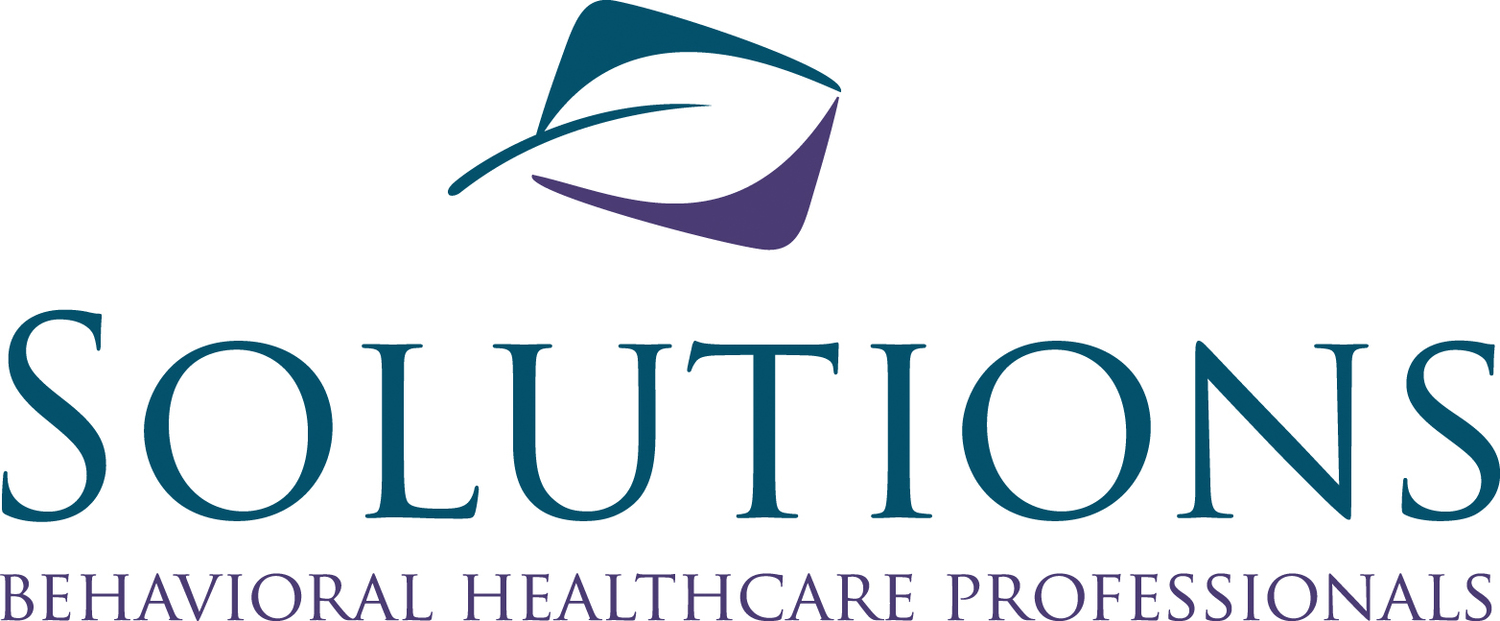Didactic Training
Didactic programming is planned to support the development of required competencies, as well as address current issues in the field, emerging demands in the practice of psychology, and professional development.
Didactic presentations are typically scheduled weekly for two hours or on an average of eight hours each month. This schedule may vary when other types of trainings are available, such as conferences and continuing education opportunities. Didactics are organized in three sections: 1) Introductory Topics; 2) Clinical Topics; and 3) Professional Issues. Didactic presentations are attended by interns and internship Training Committee members. These presentations are also open to other professional staff and doctoral practicum students within the agency.
Introductory Topics: Didactics that are provided over the first three months are intended to support interns’ learning for the basic activities associated with the general activities and their rotations. Didactics that are provided early on include: Diagnostic Assessment, Dialectical Behavior Therapy, Applied Behavior Analysis, Autism Testing, Psychosocial Rehabilitation, Treatment Planning, Clinical Supervision, Cultural Diversity, Crisis Intervention, and Managing & Adapting Practice (MAP). MAP is an internal 40-hour training in providing evidence-based training and a model for data-driven decision making which is conducted across several days. It is followed up with a bi-weekly supervision group.
Clinical Topics: Didactics provided during months 4 through 8 include various clinical topics designed to support their training. Topics here include: Mental Status Examination, Suicide Assessment, Marital Therapy, Cognitive Processing for PTSD, Assessment of Psychosis, Infant Mental Health, Parent-Child Interaction Therapy, Permanency Planning & Adoption, DC:0-5 Assessment, Treating Trauma, Military Mental Health Issues, Neuropsychological Screening, Treating Sexual Dysfunction, Acceptance & Commitment Therapy, and Incredible Years Model of Classroom Management.
Professional Topics: Didactics provided during the last four months of the internship year are related to professional issues. These include: Competency-Based Supervision, Native Culture & Issues, Ethical Practice in Gerontology, Cultural Adaptations in Psychotherapy, Reflective Supervision, Mind-Body Skills for Practitioner Self Care, Legal & Ethical Issues for Mental Health Clinicians in Minnesota, Effective Consultation, and Preparing for the EPPP.
The internship program values the input of interns in the development of topics for didactic training and in the assessment of the quality and usefulness of these trainings. Interns are asked to complete the Didactic Training Evaluation Form following each didactic event (see Appendix D). Results are considered in the planning of the didactic schedule for the next year.
Scholarly Research Review
On a monthly basis interns will review research articles. On rotating months, each intern will choose a research article of interest and critically review it. This article should come from a major journal and be in the area of assessment, therapy, consultation, cultural competency or supervision, with at least two articles devoted to each topic over the course of the Internship year. Interns are expected to develop a formal summary of this review and present it for a supervision group or case consultation meeting.
Intern Presentations
In addition to receiving didactic training, it is important for Interns to be able to provide training to co-workers and other staff. There are, therefore, two presentations that Interns are responsible for preparing and delivering. These include:
a) Towards the end of the training year, Interns present at a scheduled didactic training on the theory they espouse for behavior change (1-hour presentation).
b) Interns also prepare and deliver a one-hour presentation for staff at Solutions. The topic is chosen by the Intern, although is subject to approval by the supervisor. This presentation generally occurs mid-way during the training year.
